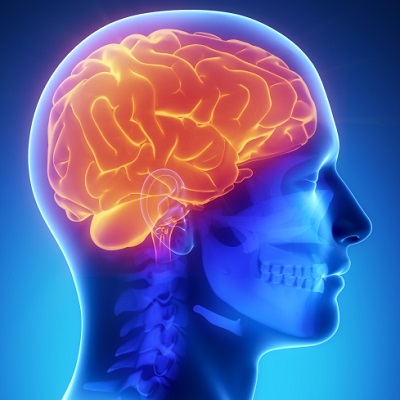 Molecular, genetic mechanisms of microglia predispose individuals to Alzheimer's: study
Molecular, genetic mechanisms of microglia predispose individuals to Alzheimer's: study
Mount Sinai researchers contend they have achieved an “unprecedented” understanding of the genetic and molecular mechanisms in human microglia, immune cells that reside in the brain, providing insights into how they contribute to the development and progression of Alzheimer’s disease. Read More
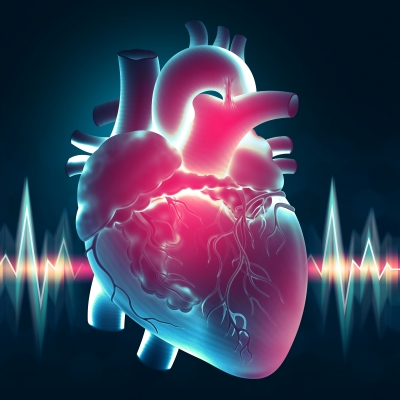 Link between genes, mitochondrial DNA reveals way to tackle cardiovascular disease
Link between genes, mitochondrial DNA reveals way to tackle cardiovascular disease
The discovery of a link between mitochondria, inflammation, and a pair of genes that help regulate blood cell growth has revealed a potential new target for atherosclerosis therapies. Read More
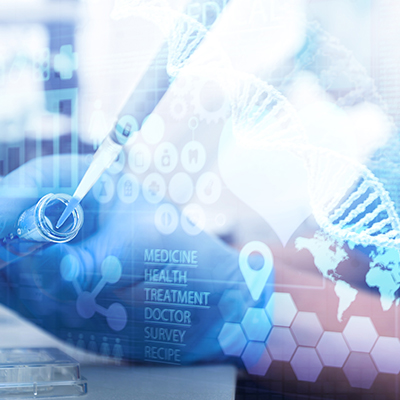 First full map of immune system connections unlocks drug discovery opportunities
First full map of immune system connections unlocks drug discovery opportunities
Researchers have created the first full map of immune system connections showing how immune cells communicate, pointing to ways to modulate the pathways to treat cancer and infectious diseases. Read More
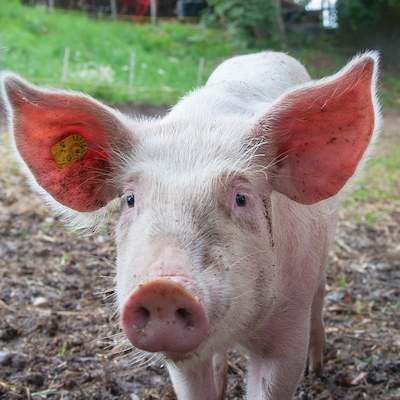 Technology restores cell, organ function in pigs an hour after their deaths
Technology restores cell, organ function in pigs an hour after their deaths
Yale University scientists were able to restore blood circulation and other cellular functions in pigs a full hour after their deaths from cardiac arrest by using technology that delivers a specially designed cell-protective fluid to organs and tissues, according to a paper published August 3 in the journal Nature. Read More
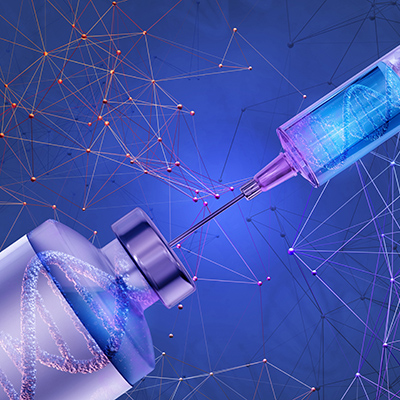 Adjuvanted liposomal vaccine protects baby mice from RSV, looks promising for human newborns
Adjuvanted liposomal vaccine protects baby mice from RSV, looks promising for human newborns
After a more than 50-year wait, a vaccine to protect infants from respiratory syncytial virus (RSV) -- the leading global cause of death in children under age five -- could finally become a reality. A single dose of an adjuvanted liposomal vaccine formulation has induced protection against RSV infection in baby mice. Read More
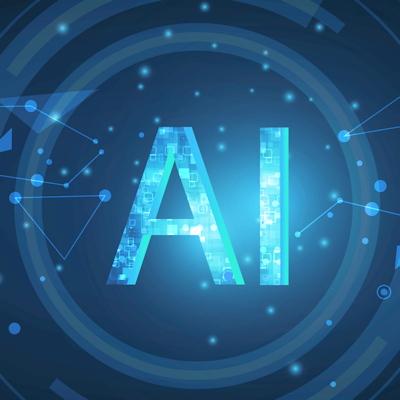 Google’s DeepMind, Chan Zuckerberg Biohub hail separate AI-scientific breakthroughs
Google’s DeepMind, Chan Zuckerberg Biohub hail separate AI-scientific breakthroughs
DeepMind and the European Molecular Biology Laboratory-European Bioinformatics Institute have used artificial intelligence (AI) to predict the 3D structures of nearly all cataloged proteins, while a team of Chan Zuckerberg Biohub scientists has developed a machine-learning method to quantitatively analyze and compare microscopy images of proteins with no prior knowledge. Read More
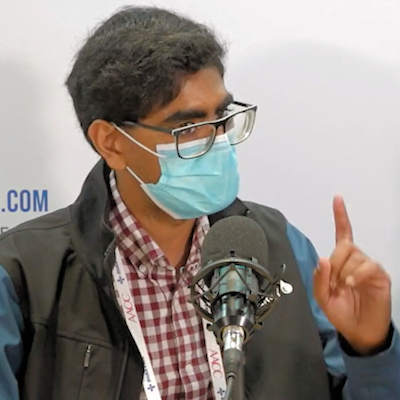 Video from AACC: Fluxergy's multimodal testing platform
Video from AACC: Fluxergy's multimodal testing platform
Fluxergy president and co-founder Tej Patel sat down with us at AACC 2022 and discussed the company’s multimodal, multiomic platform that enables doctors to perform different kinds of tests, including reverse transcription polymerase chain reaction and serology tests, using a single instrument and software program. Read More
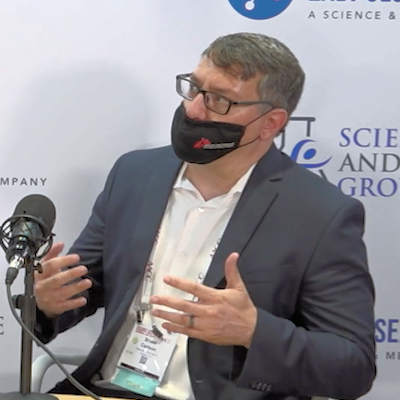 Video from AACC: First impressions, Day 1
Video from AACC: First impressions, Day 1
Reflecting on highlights from the LabPulse.com and ScienceBoard.net team for Day 1, Kalorama Information's Bruce Carlson compares AACC 2022 with previous meetings. Read More
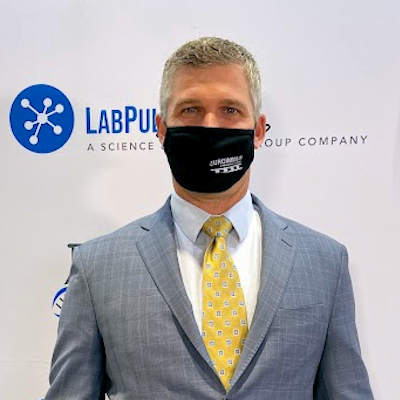 Video from AACC: PerkinElmer on diagnostics, acquisitions
Video from AACC: PerkinElmer on diagnostics, acquisitions
Greg Stock, general manager of PerkinElmer’s Euroimmun business, discussed products and technologies on display at AACC 2022, as well as the integration of acquired companies such as Oxford Immunotec. Read More
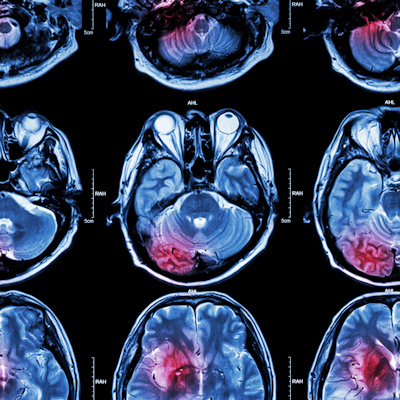 Researchers identify T cells that protect against ischemic stroke in mice
Researchers identify T cells that protect against ischemic stroke in mice
University of Pittsburgh neurologists and immunologists have identified a subset of CD8+ regulatory-like T cells (CD8+TRLs) that provide fast-acting and lasting protection against ischemic stroke in mice, offering a potentially novel immunotherapy for stroke in humans. Read More
Member Rewards
Earn points for contributing to market research. Redeem your points for merchandise, travel, or even to help your favorite charity.
Research Topics
Interact with an engaged, global community of your peers who come together to discuss their work and opportunities.
Connect
Tweets by @ScienceBoard



